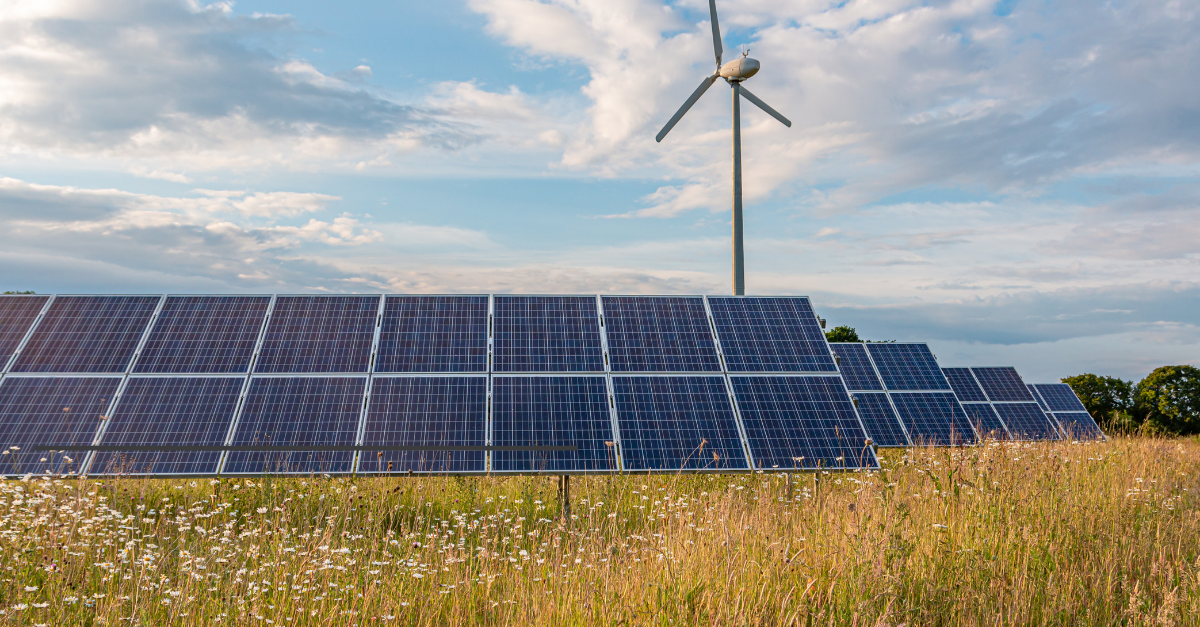Introduction to the 26th UNCCC: why it matters to China and the world
This year the 26th annual United Nations Climate Change Conference (COP26) will be taking place to discuss the future of our planet and accelerate action against climate change.
This introductory article outlines some of the aims and discussions that will take place at the COP26, the considerations for communications professionals and how China is presenting its climate goals to the global audience.
What is the UNCCC?
The UNCCC is an annual event, taken place in a different location each year, which serves as the formal meeting of the national delegations who are involved in the Conference of Parties (CoP). The COP26 is a global United Nations summit about tackling climate change and is considered to be the most significant climate event since the 2016 Paris Agreement.
This year the COP26 will be taking place in Glasgow, from 1 to 12 November 2021. The CoP is the top decision-making body for the United Nations Framework Convention on Climate Change (UNFCCC). The UNFCCC is an international environmental treaty organisation that assesses progress made on signed agreements concerning climate change – for example, the Kyoto Protocol and the Paris Agreement.
What does the COP26 mean for businesses and communications?
COP26 works with business partners to take forward action on transitioning towards sustainable, resilient and nature-positive agriculture as well as help protect and restore vital rainforest land and the ecosystems they uphold.
It is necessary that finances are mobilised to achieve the NDC’s emission reduction targets. International private and public sector financial institutions must play their part to make available the amount of funds required to secure a global net-zero carbon future.
After COP26 concludes, there is likely to be a clear imperative around ESG communications, ensuring that organisations are conveying their sustainability goals and metrics adequately to their stakeholders. The conference is also promising to introduce new measures from governments that will drive communications priorities for organisations in the coming years.
Why is this year so important?
The COVID-19 pandemic has brought devastation to millions around the world and caused ripples in every corner of the global economy. Many governments have stepped up to protect the lives and livelihoods of their people, but climate change has not stopped during this time and requires a similar urgency to mitigate.
The 2016 Paris Agreement aimed to mitigate global warming and greenhouse emissions. This year, nations will come together again and recommit to climate goals known as Nationally Determined Contributions.
Each goal aims to be more ambitious than those set previously, and while there is no legally binding system in place to enforce these, large economic powers such as China will be expected to take the lead in announcing these goals to the global audience.
And how is this relevant to China?
Countries are being asked to come forward with 2030 emission reduction targets which align with achieving net-zero by the middle of the century. On 17 April 2021, representatives from the U.S and China met to develop and announce their long-term strategies in the lead up to the COP26. In September 2020, President Xi Jinping committed China to realising carbon neutrality by 2060.
As the world’s biggest emitter of greenhouse gases, China has a key role to play at the COP26. By committing to long-term climate goals, the country can act as an important influencer for the rest of the world to follow suit.
Because our planet can’t wait.
Learn more about what COP26 means for businesses and their research and communications initiatives here.

